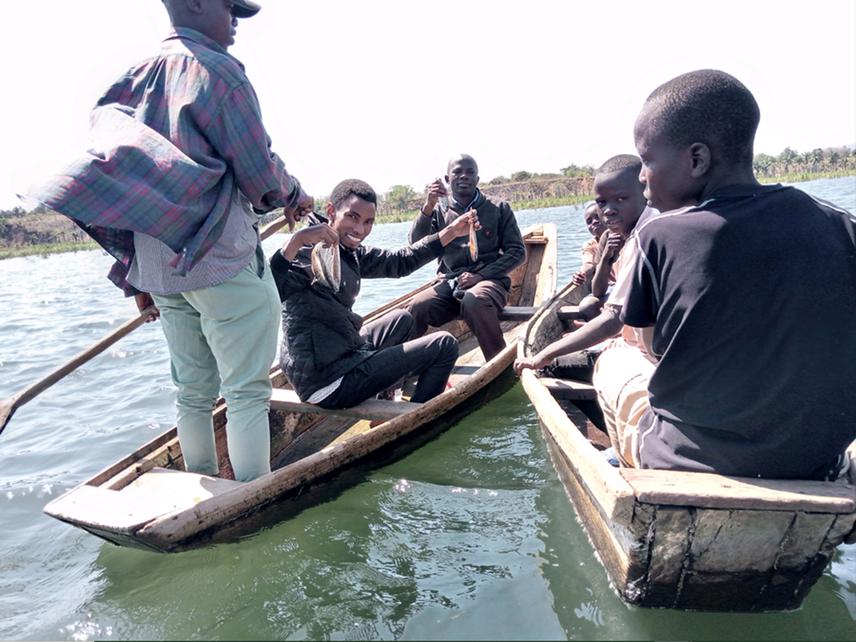Article featuring the project.
Tlehema Gwandu Umbayda
The Malagarasi River is Tanzania's largest River, encompassing nearly one-third of the watershed area of Lake Tanganyika, and contains habitats of national and international importance such as the Muyovozi Wetland-Ramsar site and the Moyowosi/Kigozi and Ugalla Game Reserves. However, anthropogenic activities such as mining, farming, overgrazing, and charcoal burning have contaminated the river. These factors contribute to the loss of biodiversity along the Malagarasi River and may have a negative influence on the health of nearby communities that rely on the river for their livelihoods and water supply. The endemic Karomo tilapia, Oreochromis karomo, has been categorized by the IUCN as critically endangered, and its decline is expected to continue mainly due to habitat degradation, overfishing, and hybridization. Monitoring anthropogenic activity in the Malagarasi River is critical for saving this species from extinction and restoring the species' habitats from anthropogenic activities.

Mr. Umbayda and Dr. Nehemia with villagers fishing in Ilagala. © T.Umbayda,2023.
The project's goal is to provide actionable insights into pollution reduction, human health protection, and the survival of the O. karomo species. The study intends to use a variety of approaches to monitor the population status of O. karomo and its habitats. The project's efforts will involve analyzing O. karomo's genetic diversity and structure. To collect data on the factors that lead to heavy metal contamination along the Malagarasi River, social surveys, including structured questionnaires and interviews, will be used. However, the impact of metal pollution on human health will be investigated for people who depend on fish in the area.
The findings of this research project will be critical in the protection of several fish species in the Malagarasi River. The knowledge generated from this study is expected to create awareness among local communities about the necessity of conserving fish habitat by controlling spawning areas, water and sediment quality for fish production. As a result, this initiative will lead to an increased population of O. karomo and increased fish catch that is safe for human consumption.